

The Great Tiger Project
Go in search of tigers and learn about conservation efforts in the stunning Pench and Kanha National Parks.
Speak To A Travel Expert
Activities
As a volunteer you will engage in a wide variety of activities as part of the project, involving yourself with the local community and learning all about tiger conservation. Alongside this, you will have many opportunities to see the beautiful big cats during numerous safaris within Kanha and Pench national parks.
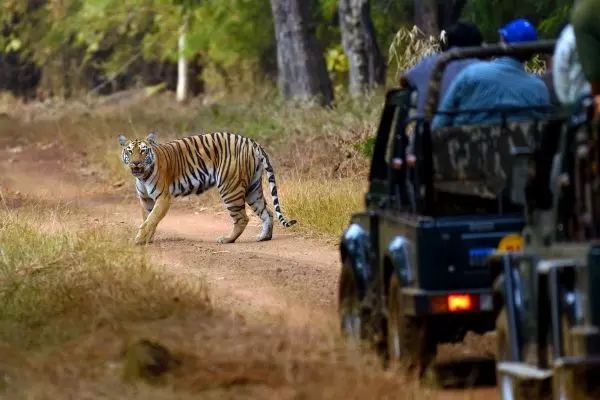
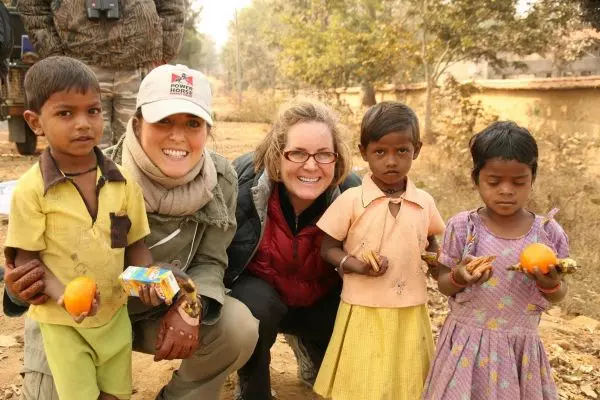
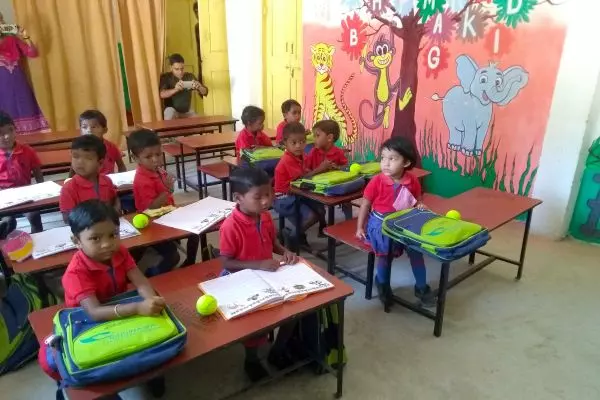
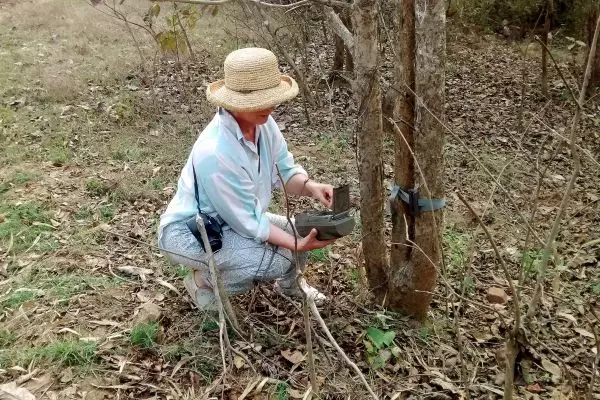
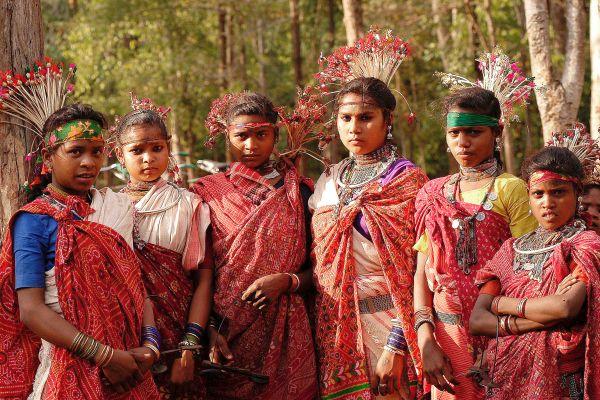
Itinerary
Please note, itineraries are subject to change and certain activities may happen on different days to those listed below.
Durations & Prices
Accommodation
Accommodation
On your first and final night, you will be staying at the Pride Plaza Hotel or Lemon Tree Premier next to Delhi Airport.
Your accommodation in Kanha National Park will be in the luxurious Kanha Jungle Camp, where you will take in the ambience of the jungle with your very own private forest view from your verandah. After, you will spend 5 nights at the Pench Jungle Camp which is located just 1km from the Turia Gate of the national park.
All rooms are offered on a twin-share, same-sex basis; however, double rooms are available for couples. A single room can also be booked for an additional supplement of $1,317.
Each accommodation has a pool for you to make use of in your spare time, as well as a peaceful and relaxing spa with treatments available at an additional cost.
Meals & Beverages
During your time in Delhi, you will be staying under a B&B meal plan.
During your stay at Kanha Jungle Camp and Pench Jungle Camp, you will enjoy three meals per day at their onsite restaurants, which serve a variety of delicious Indian and continental meals. Both locations can accommodate dietary requirements; we kindly ask that you inform us in advance. Additionally, both camps offer special dining experiences for an extra fee, under the stars and out in the wilderness.
Project Details
When Is The Best Time To Volunteer?
The Kanha Tiger Reserve and Pench National Park, where this project is based, are home to a diverse number of wildlife including barasinghas, gaurs, sloth bears, wild dogs, leopards and tigers as well as over 300 species of bird and there are 2 seasons which allow for different types of wildlife viewing.
November to February: This is the winter season and is one of the best times to visit. The weather brings cool mornings, pleasant days and crisp cold nights which means long walks don't tire you out easily and physical work does not look like a tough task. Though the vegetation is largely evergreen, in the winter many park trees lose their leaves making wildlife viewing easier. This is also a great time for bird watching as a number of birds arrive having migrated from much cooler climates.
March to mid-June: After winter, spring arrives, bringing warmer temperatures and new growth on the trees. While the early mornings, evenings and nights are pleasant, the daytime, especially around midday can be quite hot, but with adequate nutrition and precautions, this is no problem at all. This season also brings out a lot of wildlife as nearly all species are seeking a mate during this time. The sun has also evaporated nearly all the water from the streams and pools and only a few shaded rock pools and water holes have water left in them. Naturally, therefore, these places become a hotbed for all wildlife activities and wildlife sightings can be easier in this season.
Mid-June to October: This is monsoon season and also when Kanha National Park is closed so the project is unable to run during this time.
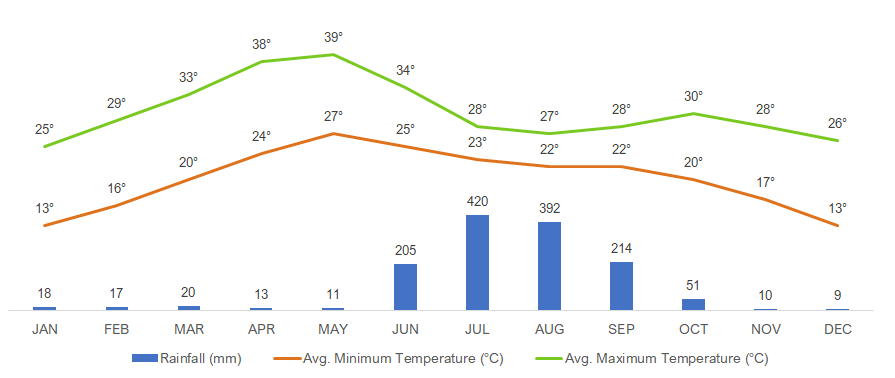
Getting There
The project starts and ends in Delhi, so you will need to arrive into Indira Gandhi International Airport on your start date and depart on your end date. Airport transfers can be arranged for any flight arriving/departing between 7am and 5pm. Upon arrival, you will be met by a project representative in the arrivals hall and transferred by road to your hotel. The next day you will fly to Nagpur as you transfer to the Kanha Tiger Reserve and this flight is included in the cost of the project.
Visa Requirements
To join this project you will need to obtain a tourist visa in advance of travel and all visa applications are now made online at https://indianvisaonline.gov.in/evisa/tvoa.html. You will also need a valid passport with at least 6 months validity from your arrival date into India and at least two blank pages for stamping by the immigration office. Foreigners coming from or through Yellow Fever countries must also have a valid vaccination certificate. Please ensure you check with your local Indian Embassy for any additional requirements if you are unsure.
Fitness & Skills
This project involves multiple safaris and also walks in a hot and humid climate, so a moderate level of fitness is required. No specific skills or experience are needed, only a positive attitude and a willingness to get involved and a desire to learn.
Vaccinations
The vaccinations required for travel will depend on your medical history. We recommend that you consult with your GP/Doctor regarding your own immunisation needs.
Gallery
Reviews
The whole experience was unforgettable, seeing our first tiger was awesome, seeing the tigers in their own habitat will always be with me as they are such majestic creatures.
This has been one of the best trips ever - and I travel A LOT :-)!
I got some incredible sightings of a Tiger up close and personal and I loved to see all of the smiling children at the schools!
What's Included
- Full board basis for 10 nights, and bed and breakfast in Delhi
- Airport transfers using air-conditioned vehicles
- 9 Jeep safaris (shared basis)
- Internal return flights between Delhi and Nagpur
- A conservation donation
What's Not Included
- International flights
- Travel insurance
- Any expenses of personal nature such as laundry, bar bills, spa treatments, telephone calls etc.




























